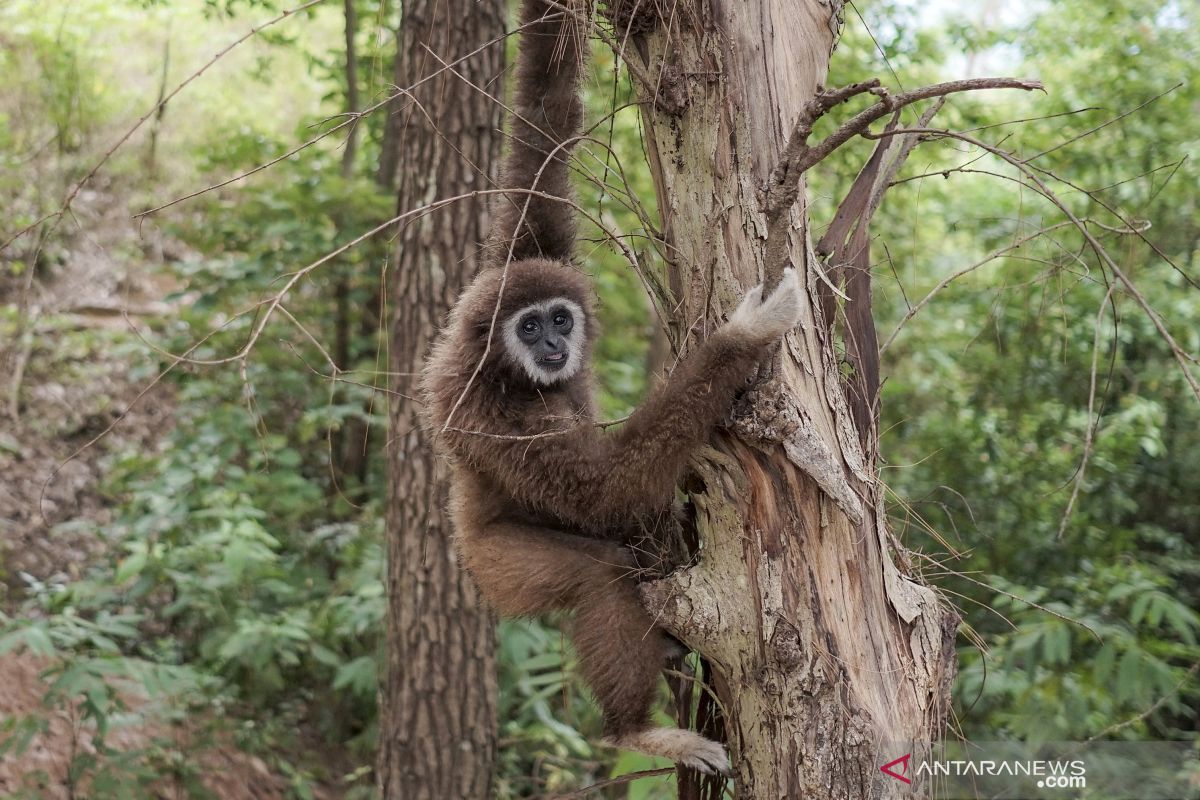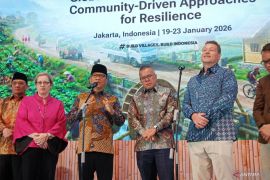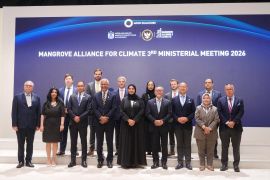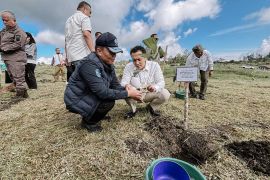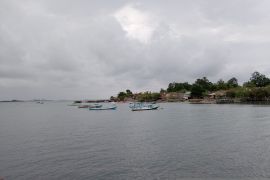"Research shows us that around 30 primate species in Indonesia are likely to become extinct in 2050. This is really not good," Kusrini said here on Monday.
According to the study, with increasing temperatures, the population or distribution of primates on several islands in Indonesia will decrease, especially in Java and Sulawesi, he said.
The study from Bogor Agricultural Institute was titled 'Predicting Hotspots and Prioritizing Protected Areas for Endangered Primate Species in Indonesia under Changing Climate', he informed. It was conducted by Aryo Adhi Condro, Lilik Budi Prasetyo, Siti Badriyah Rushayati, I Putu Santikayasa, and Entang Iskandar, he said.
Kusrini explained that the research developed a species distribution model with scenarios that involve aspects of climate change.
As per the research, 75 percent of species from the Tarsidae family group will become extinct by 2050 and 50 percent of the gibbon family group (Hylobatidae) would be gone, he informed.
Related news: Two orangutans rescued near Central Kalimantan's Sapihan river
The Sumatran orangutan (Pongo abelii) and the Javan slow loris (Nycticebus javanicus) are also expected to go extinct by 2050, he said.
Furthermore, climate changes and changes in landscapes are threatening Indonesian fauna with extinction, Kusrini said.
To counter this, the study recommends and stresses the importance of primate conservation planning and strategies for maintaining primate populations in the country.
Kusrini said that climate change also impacts other wildlife.
He also highlighted the Komodo dragons in Indonesia, which are on the endangered list of the International Union for Conservation of Nature (IUCN).
One climate change scenario in a 2020 study had indicated the possibility of the Komodo dragon population declining by 2050, he said.
In addition to national parks, Komodo dragons are also scattered on the mainland of Flores so they must be protected because they are highly vulnerable to changes and loss of habitats, he explained.
Komodo dragons are sensitive to changes in land use that have happened in unprotected habitats in Flores over the past few decades, he said.
Kusrini said that habitat loss and continued land conversion could worsen the estimated population reduction and distribution of Komodo dragons in Flores.
Related news: Forest fires threaten endangered animal species
Should the temperature rise, there would be drier areas, and that would impact the amphibian and reptile populations, he pointed out.
"We have to be concerned about what will happen to our wildlife in the case of global warming," he said.
To conserve species, it is necessary to mitigate the impact of climate change and stop global warming, he affirmed.
"Otherwise, we will not only lose our livelihood but also our species," he added.
The IUCN is a membership union comprising government and civil society organizations, he informed.
The international agency for nature conservation draws on the experience, resources, and reach of its more than 1,400 member organizations and inputs from more than 18 thousand experts, he said.
Related news: Forest fires threaten endangered animal species
Translator: Martha H S, Mecca Yumna
Editor: Suharto
Copyright © ANTARA 2021
